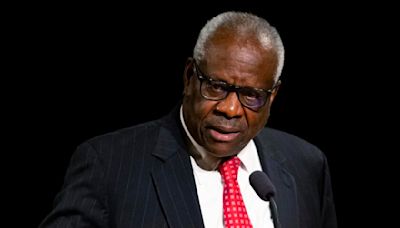Search results
The rules were first adopted by order of the Supreme Court on December 20, 1937, transmitted to Congress on January 3, 1938, and effective September 16, 1938. The Civil Rules were last amended in 2023. The purpose of the Federal Rules of Civil Procedure is "to secure the just, speedy, and inexpensive determination of every action and proceeding."
- FEDERAL RULES
ber 1 of the year in which the rule is transmitted unless...
- FEDERAL RULES
Dec 1, 2023 · The Federal Rules of Civil Procedure supplant the Equity Rules since in general they cover the field now covered by the Equity Rules and the Conformity Act (former section 724 of this title). This table shows the Equity Rules to which references are made in the notes to the Federal Rules of Civil Procedure.
Equity RulesFederal Rules Of Civil Procedure177277379477Federal courts are now required to apply the substantive law of the states as rules of decision in cases where state law is in question, including state judicial decisions, and the federal courts almost always are required to use the FRCP as their rules of civil procedure.
These rules govern the procedure in all civil actions and proceedings in the United States district courts, except as stated in Rule 81. They should be construed, administered, and employed by the court and the parties to secure the just, speedy, and inexpensive determination of every action and proceeding.
ber 1 of the year in which the rule is transmitted unless otherwise provided by law. By act of June 19, 1934, ch. 651, 48 Stat. 1064 (subsequently 28 United States Code, §2072), the Supreme Court was authorized to prescribe general rules of civil procedure for the district courts. The rules, and subsequent amendments, were not to take effect
- 440KB
- 139
Dec 1, 2023 · ⇒ Purchase the 2024 Edition of the Federal Rules of civil Procedure for just $19.50. Menu. Table of Contents; Title I – Scope of Rules; Form of Action (Rules 1 and 2) Title II – Commencing an Action; Service of Process; Pleadings, Motions, and Orders (Rules 3-6) Title III – Pleadings and Motions (Rules 7-16) Title IV – Parties (Rules ...
People also ask
What are the Federal Rules of Civil Procedure?
When did the Federal Rules of civil procedure come into effect?
When did the Supreme Court prescribe rules of Civil Procedure?
What are the rules in a civil action?
What is the difference between Equity Rules and Federal Rules of Civil Procedure?
What is Section 3 of the Federal Rules of Civil Procedure?
H.R. 7154 would amend Rule 4 of the Federal Rules of Civil Procedure to relieve effectively the United States Marshals Service of the duty of routinely serving summonses and complaints for private parties in civil actions and would thus achieve a goal this Department has long sought. Experience has shown that the Marshals Service's increasing workload and limited budget require such major ...



